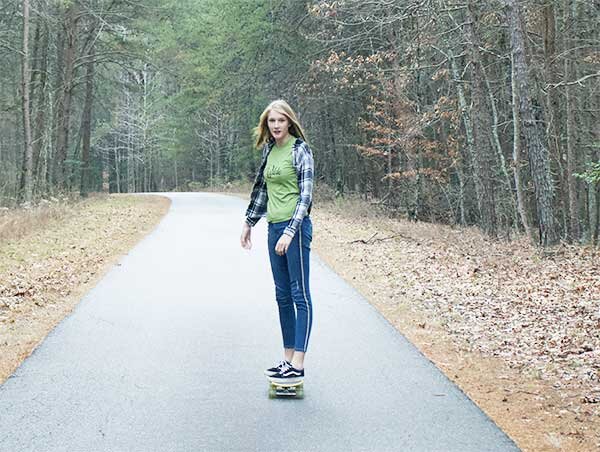To Mask or Not to Mask?
Such a simple question, no?
Unfortunately, no. Mask or no mask seems to have become yet another way of dividing ourselves into warring camps when we really want the same thing. Health and freedom.
I’m a walker, and I spend a lot of time on the wooded trails threaded through and around the apartment complex where I live in the Pacific Northwest. I’ve been wearing a mask in public spaces since early spring—long before our governor issued a directive that all Washington residents wear them in public settings. I wear one when I’m on the trails, where I often encounter both walkers and bikers who are unmasked.
Why have I made this choice? Because I’ve been convinced that masking is an important tool in our toolbox for keeping the coronavirus under control.
Based on my belief, I feel a responsibility to not only avoid adding myself to an already overtaxed medical system, but to protect the health of other people I encounter when I’m in public spaces.
So I do what I consider to be my part. And I’m frustrated and—yes—angry when others make a different choice.
But behind the frustration and anger is a more fundamental emotion: fear. Fear for my own health and an even greater fear for that of my family and friends, especially those whose occupations and personal situations don’t allow them the luxury of staying sequestered at home, as I and my husband do.
Unrestricted, the gut reaction to fear is to take action that neutralizes the source of the perceived danger. In the case of the coronavirus, people not wearing masks are targeted as the danger. Shaming is a gut reaction intended to change their behavior.
Unfortunately, it doesn’t have the desired effect. If anything, blaming and shaming solidifies commitment to the behavior. Worse, it becomes another “us against them” issue. Another weapon to fuel the endemic divisiveness that seems to be bringing our country to its knees even more quickly than the coronavirus.
To make it personal, when I leave my “safe space” at home, fear of contracting the coronavirus lies just beneath the surface of my attention, ready to trigger a defensive response when I’m approached by a stranger who isn’t wearing a mask. Vigilance is required to keep from judging the “offender.”
Although it’s not easy for me to practice connecting with unmasked strangers in situations where social distancing isn’t an option, presence in mind and body sometimes prompts a kind and relational response.
An example is a recent incident involving a young woman—probably early twenties—on an electric skateboard.
When I first saw her, she was ahead of me just entering a short trail that led from the park to the apartment complex where I live. I slowed to let her get well ahead of me before entering the trail.
I was surprised when halfway along the trail I saw the skateboard rider coming toward me. She’d apparently turned around at the end of the trail and was heading back to the park. I was wearing a mask. She wasn’t.
When she was just a few feet ahead of me, I stopped and raised my arm (actually, a finger. Not the middle one) to get her attention. I suspect she might have thought I was going to lecture her. But instead I said, “If I were 50 years younger, I’d try one of those.”
She laughed—probably with relief—and we passed each other with smiles on our faces: hers apparent, mine masked.
Education is needed. Friendly persuasion is needed. Buy-in is needed. Change is needed. But we don’t get there by condemning.
In my opinion, the worst thing we can do in this novel situation we find ourselves navigating is indulge our fear by judging and shaming those who are making choices different from our own.
That truly would be a shame.
